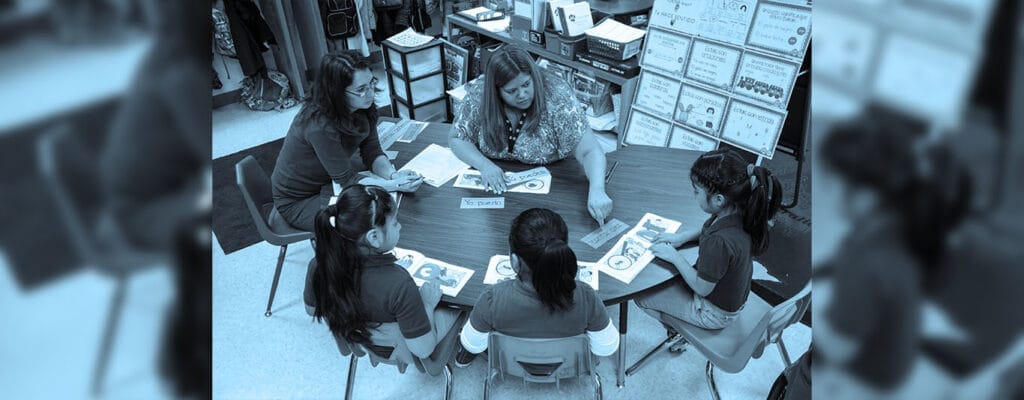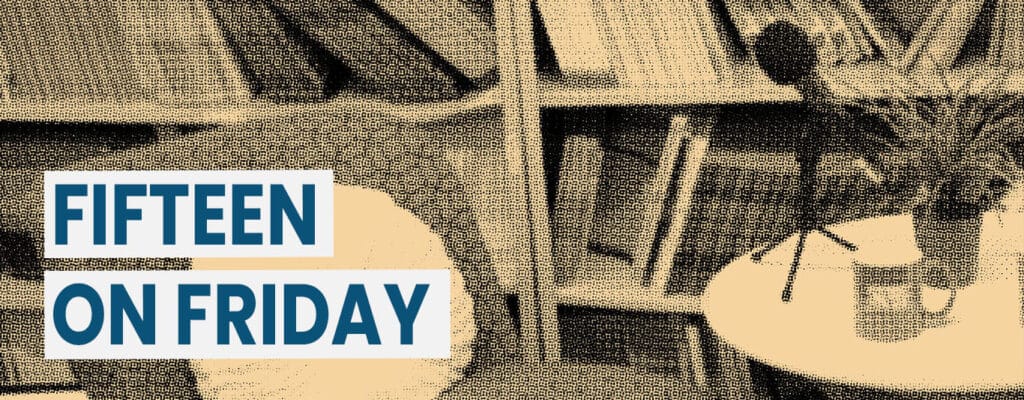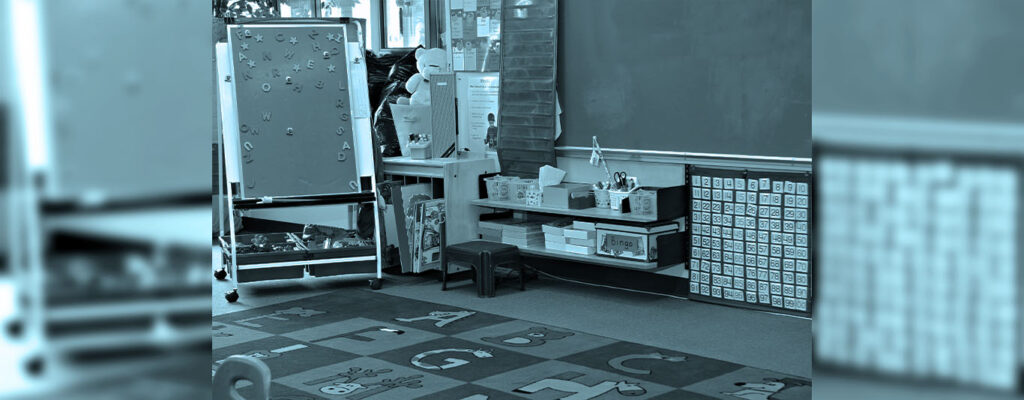


As you may know, the language gap starts at birth and that language is the best predictor of later outcomes in a child’s life. In a recent interview on WHYY called “Babies, language and the developing brain” Trude Haecker, a pediatrician at the Children’s Hospital of Philadelphia and Roberta Golinkoff, Director of the Infant Language Project at the University of Delaware discussed the importance of early intervention. By the age of two children that have been exposed to books have a six month advantage. It is hard to ignore facts like that.
The same children that are six months ahead continue to stay ahead and are more likely to graduate high school and earn a college degree. Haecker and Golinkoff stated that infants from poor families are exposed to 600 words per hour while infants in rich families are exposed to 2100 words an hour. There is no surprise that “the academic gap is widening because rich students are increasingly entering kindergarten much better prepared to succeed…” The question is how can we address this growing academic gap?
Haecker addresses the growing academic gap by providing books through Reach out and Read. She gives parents of her patients at their yearly exams six months through five years of age. She models and gives advice to the parents demonstrating how to play and interact with the book and an infant.
Here at CLI, we address the widening academic gap by providing services to pre-k through third grade teachers. We know that after third grade learning to read has turned into reading to learn. Without the vocabulary and the word knowledge a fourth grader is unable to read a text for any subject. We also provide family engagement seminars for parents to learn how to read to their pre-k through third grade children.
We all know that we need to work together to lay a foundation for a bright future for all of our children. How do you address the academic gap in your work?


Job-embedded coaching is the key to teacher retention and literacy success. By providing real-time support, fostering collaboration, and improving instruction, coaching helps educators thrive[..]

CLI’s 15 on Friday podcast delivers bite-sized conversations on literacy and equity in just 15 minutes. Featuring authors, educators, and advocates, each episode inspires[..]

CLI partners with Massachusetts early education programs to strengthen leadership, enhance instruction, and improve child outcomes through coaching and professional development.